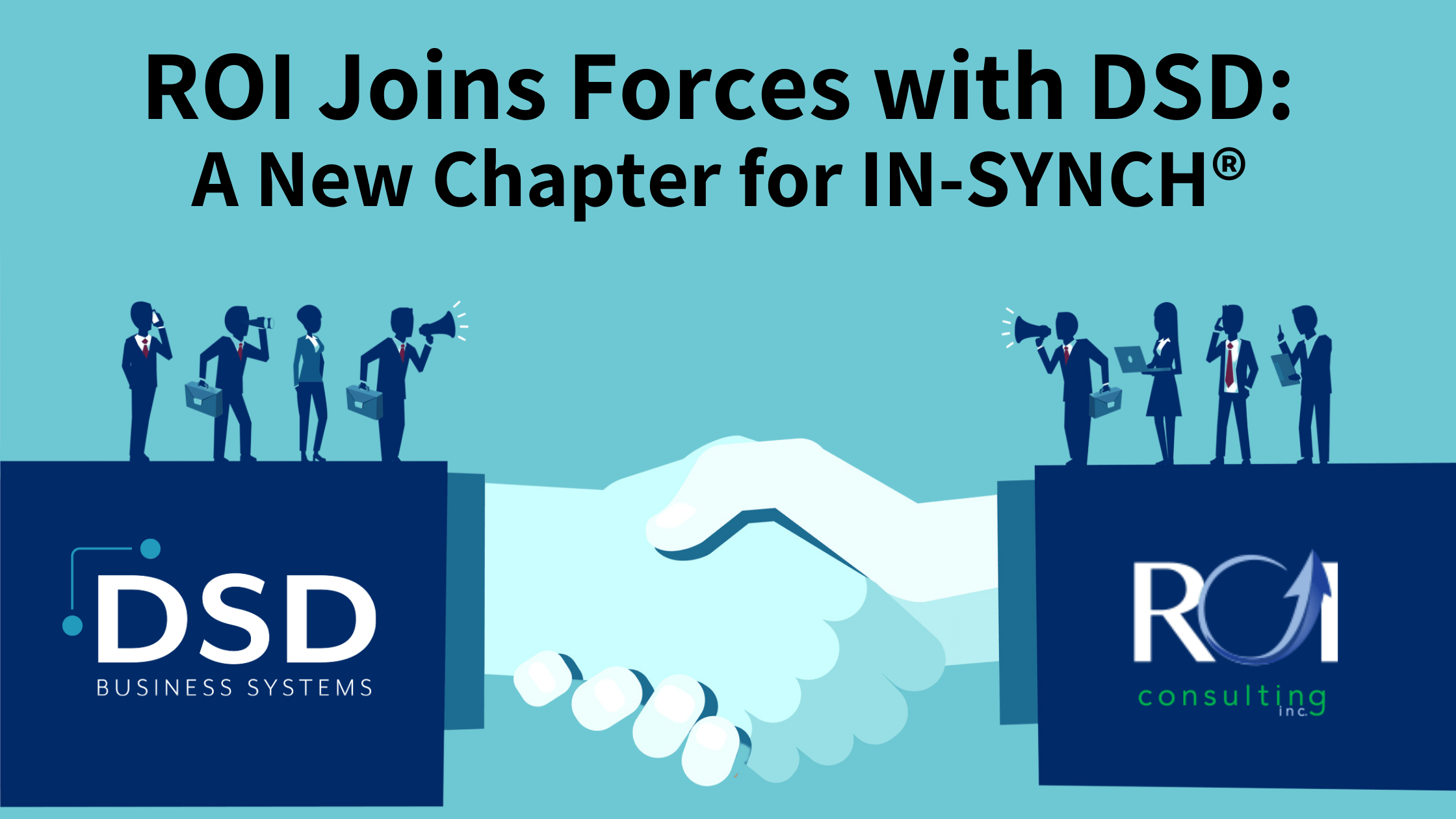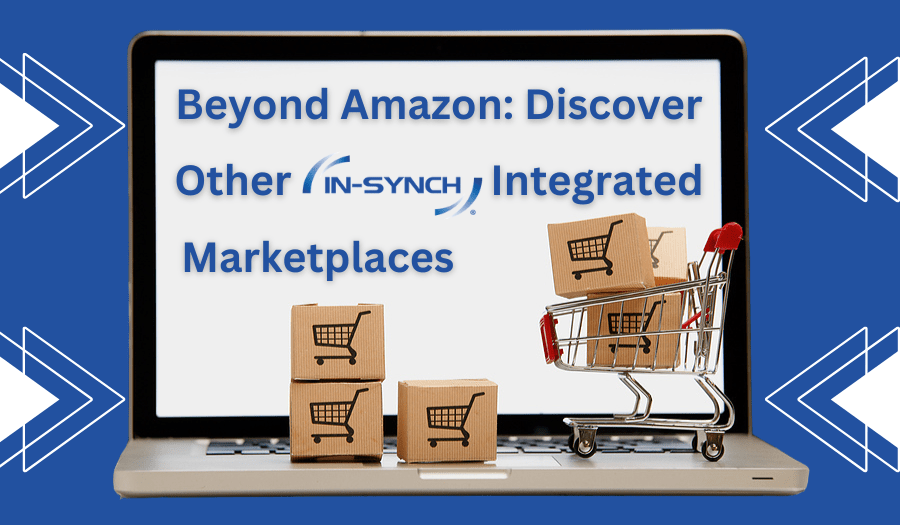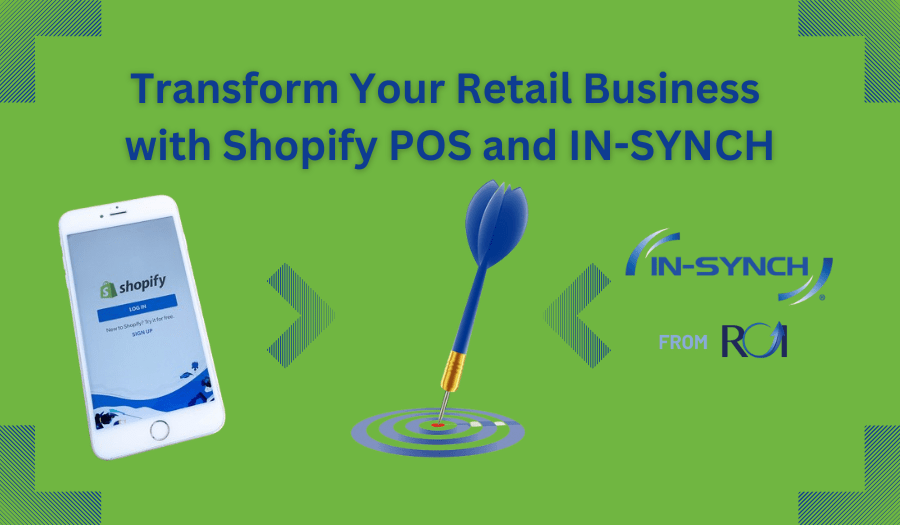By Ruth Richter • May 29, 2018

What you might not know is that the product you just bought isn’t owned or even distributed by the seller you purchased from. They’re using software that helps them find the lowest price for the product online, and once you purchase the item, they buy it—say, from Amazon—select it to ship as a gift, and have it shipped to you. You receive your product none the wiser, but the original developer or distributor of the product could be losing several thousand dollars each year.
You’ve just been an unwitting participant in ecommerce arbitrage.
“A” is for Arbitrage
Arbitrage is defined as “the process of simultaneous buying and selling of an asset from different platforms, exchanges, or locations to cash in on the price difference.” And it’s forcing online retailers to rethink how they list and sell their proprietary products.
The problem with ecommerce arbitrage—other than, of course, the lost revenue—is the hit that customer service takes. Arbitrage significantly impacts the ability to control the customer experience. All it takes is copied images and text; most consumers won’t stop to wonder, much less research, who is actually selling the product they want. Even if your direct website price is less expensive than any of Amazon’s listings, some buyers are still willing to pay a higher price than they might pay direct from the manufacturing company because Amazon is the only place they will shop. Or, if not the only place, at least the most familiar.
To mitigate ecommerce arbitrage, you have to be on Amazon. Ben Hantoot, founder of card game Cards Against Humanity, agrees. “We tell our clients and prospective clients that you also have to be on Amazon,” he says before adding, “If you don’t sell on Amazon yourself, someone else will, and they’ll sell it for a marked-up price, or it could be counterfeit.”
The Power of Amazon Integration
The good news is that there are ways to combat ecommerce arbitrage! With our Fulfillment by Amazon Payment Report Synch via IN-SYNCH, every new Amazon Payment report is automatically integrated into your Sage 100 or 100c system. Not only does this eliminate duplicate data entry, but you can track all Amazon-fulfilled orders, keeping an eye out for order trends that may indicate arbitrage. IN-SYNCH integration is secure, bi-directional, and lightning fast, giving you real-time access to all the Amazon information you need.
Integrate for Safer Shopping and Selling
The internet has changed how people shop. Arbitrage is an unfortunate reality of the internet-driven world we shop in today. If you’re ready to take a stand against ecommerce arbitrage—or even if you simply want better Amazon Marketplace integration—it’s time to talk to us about IN-SYNCH. Contact ROI Consulting online or call us at 402-934-2223, ext. 1.




